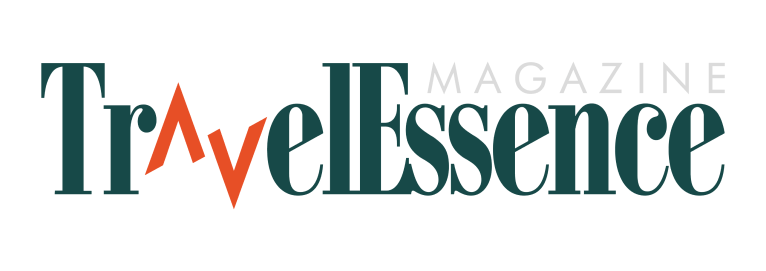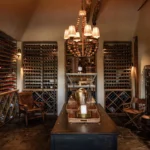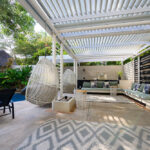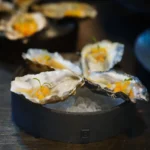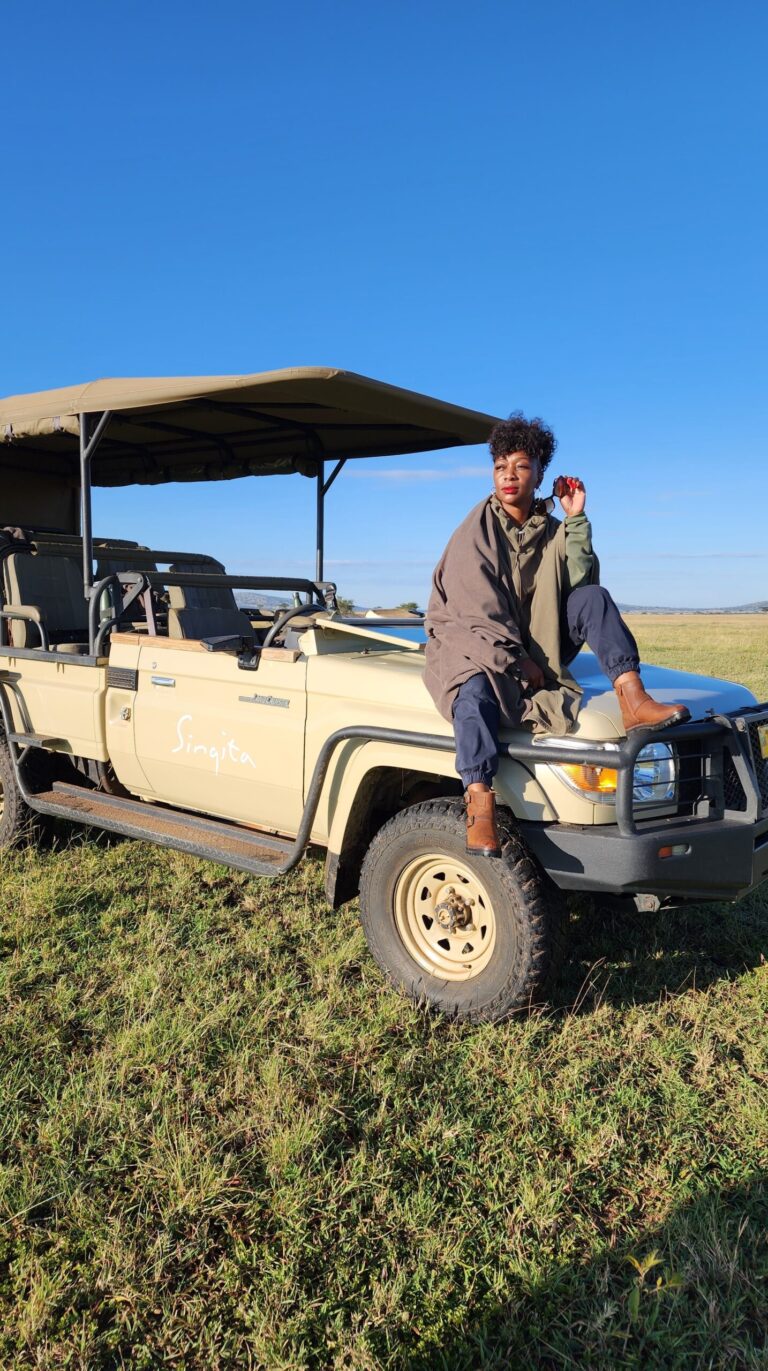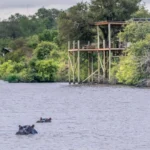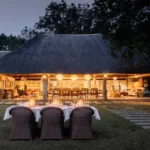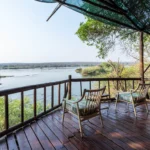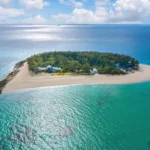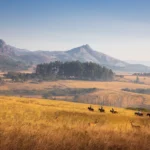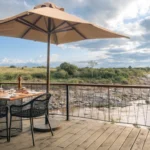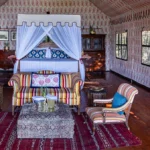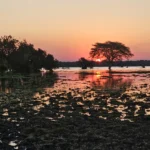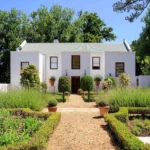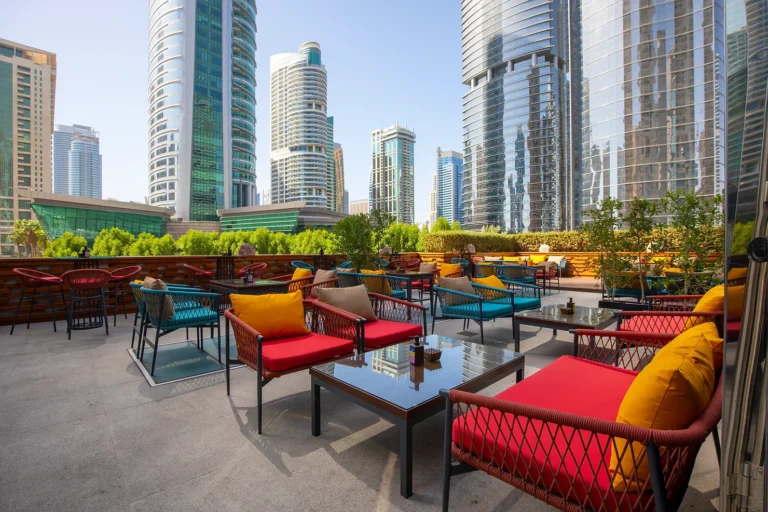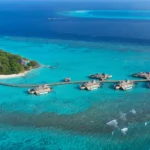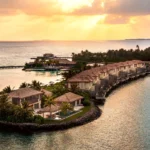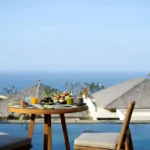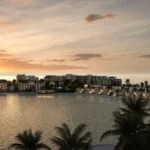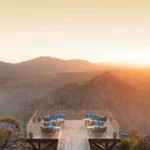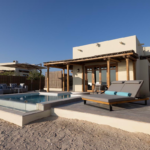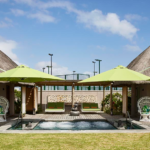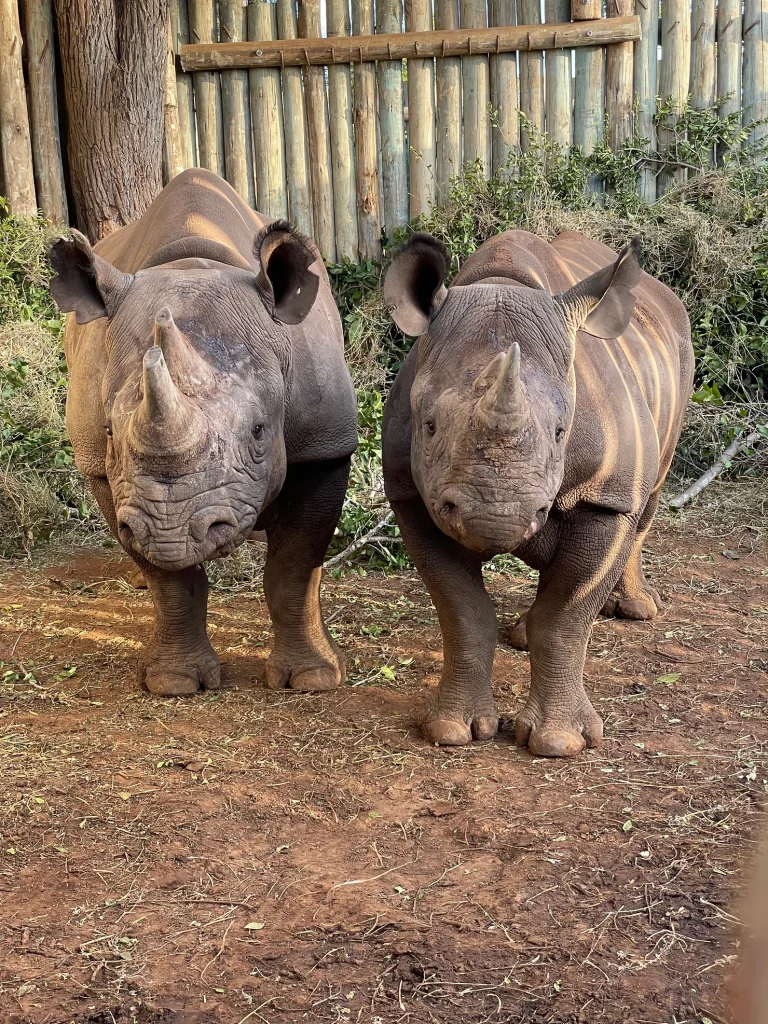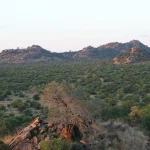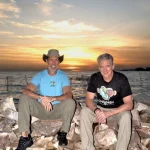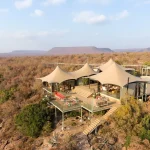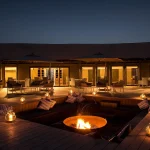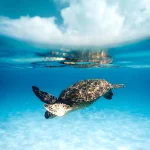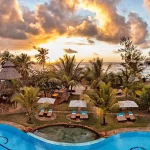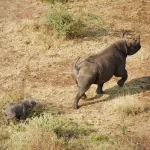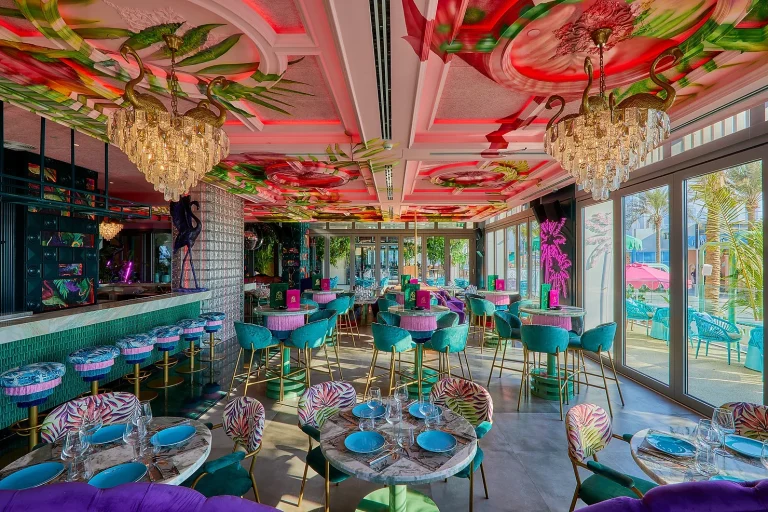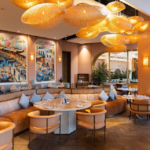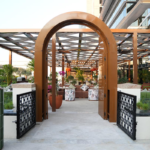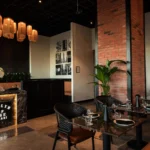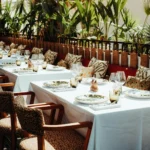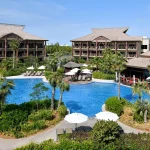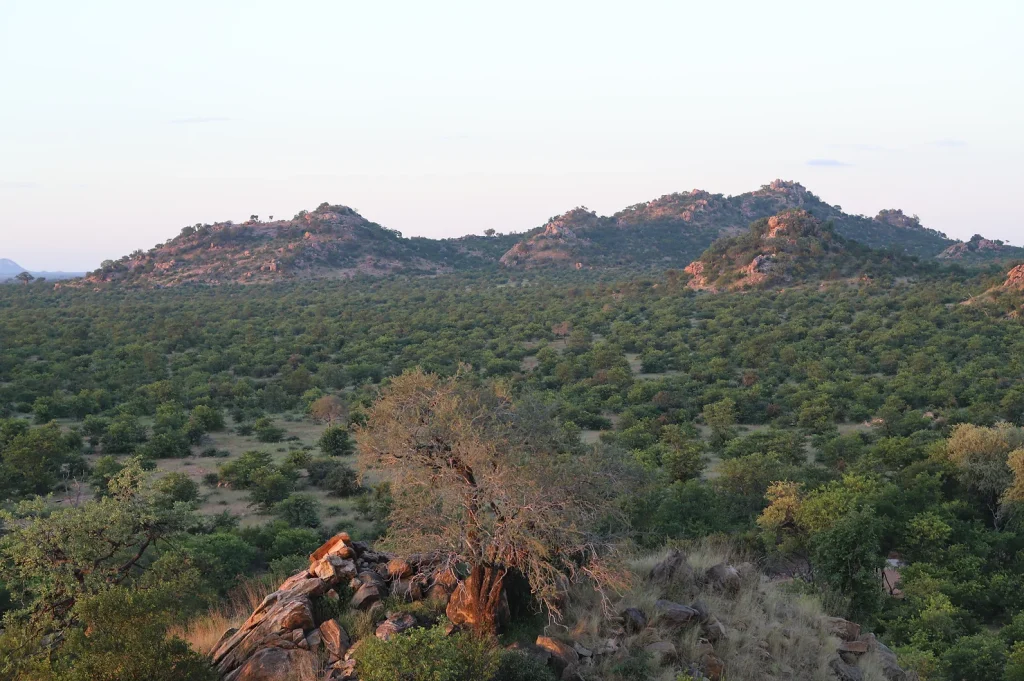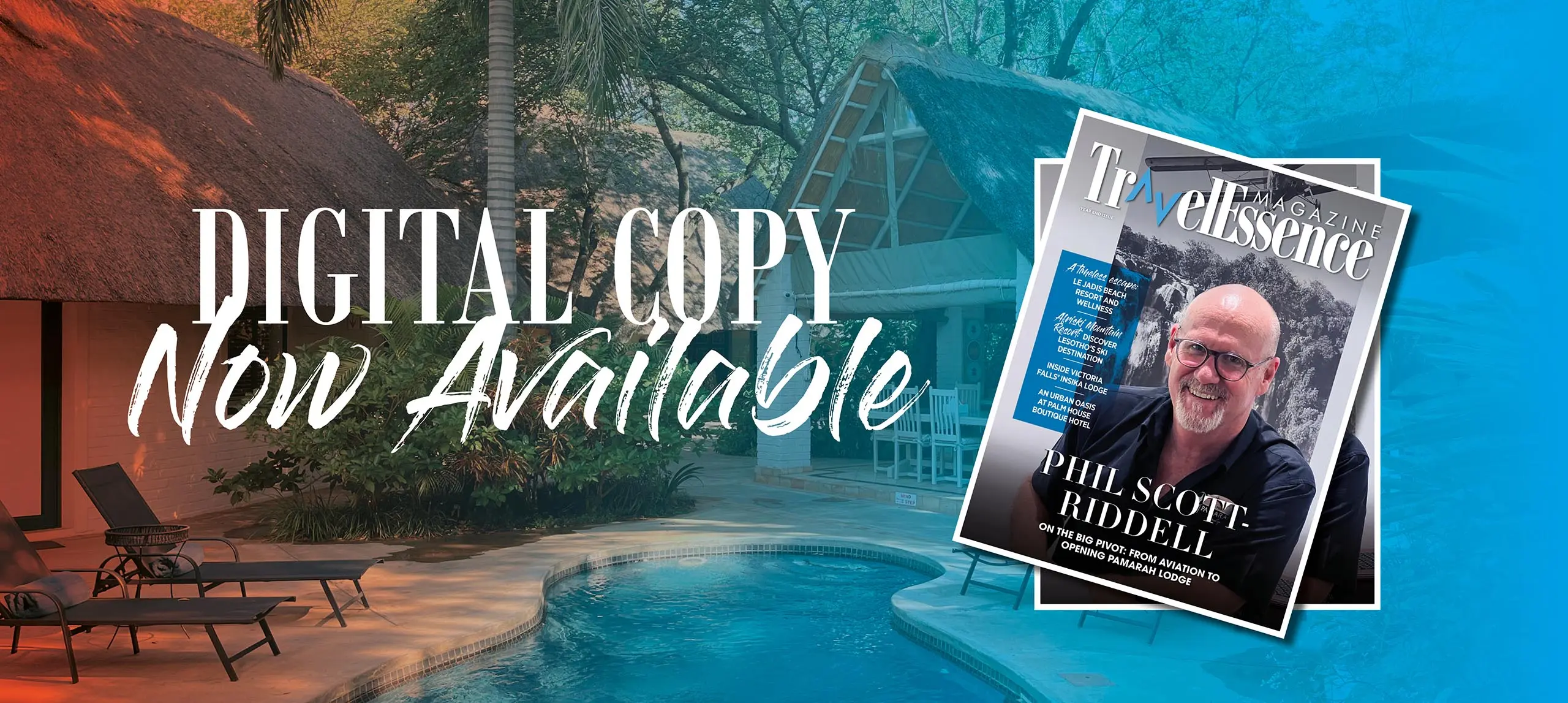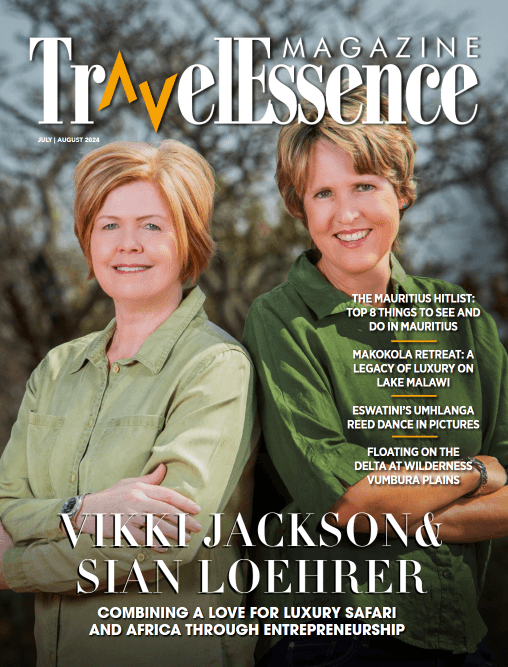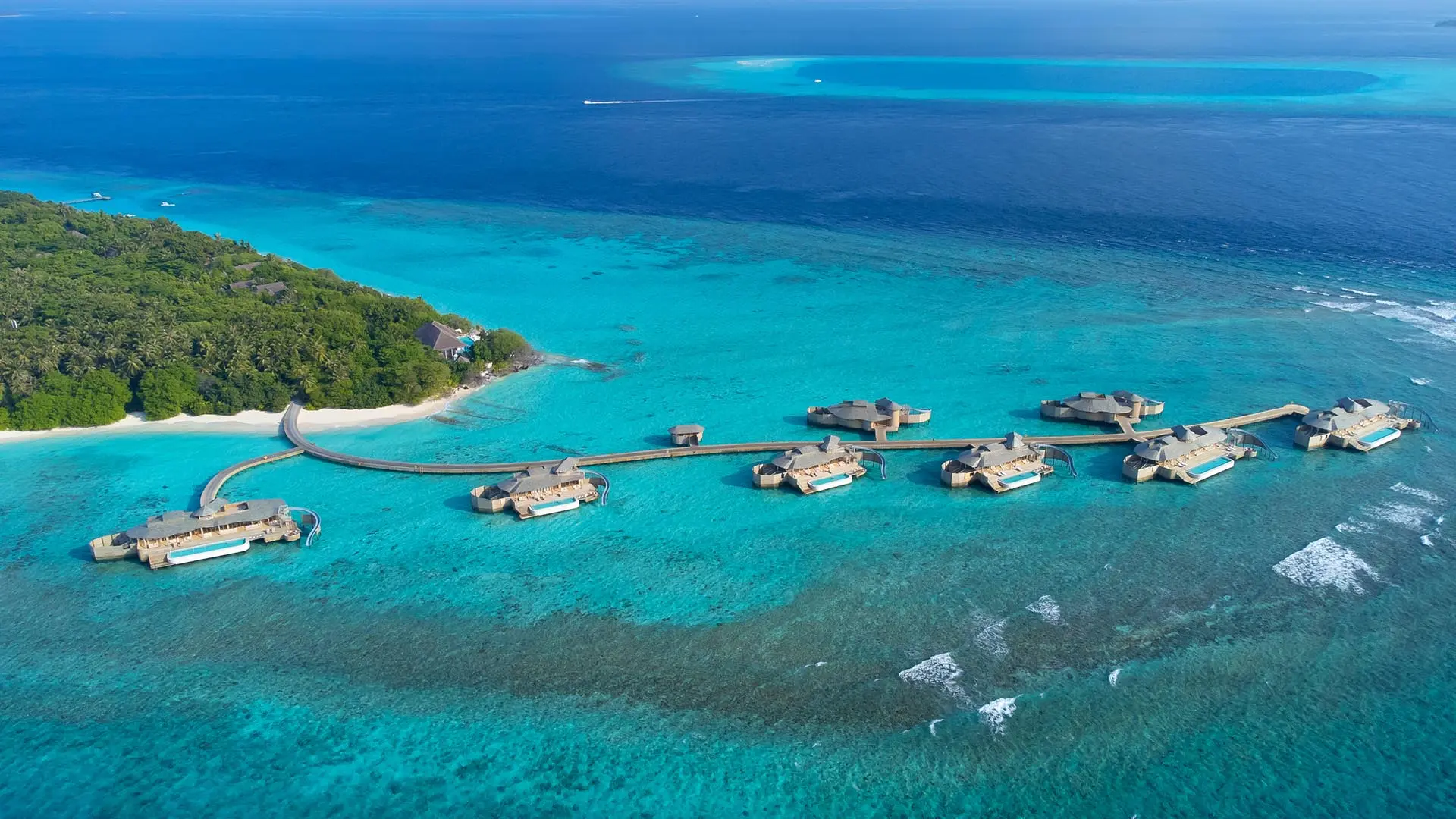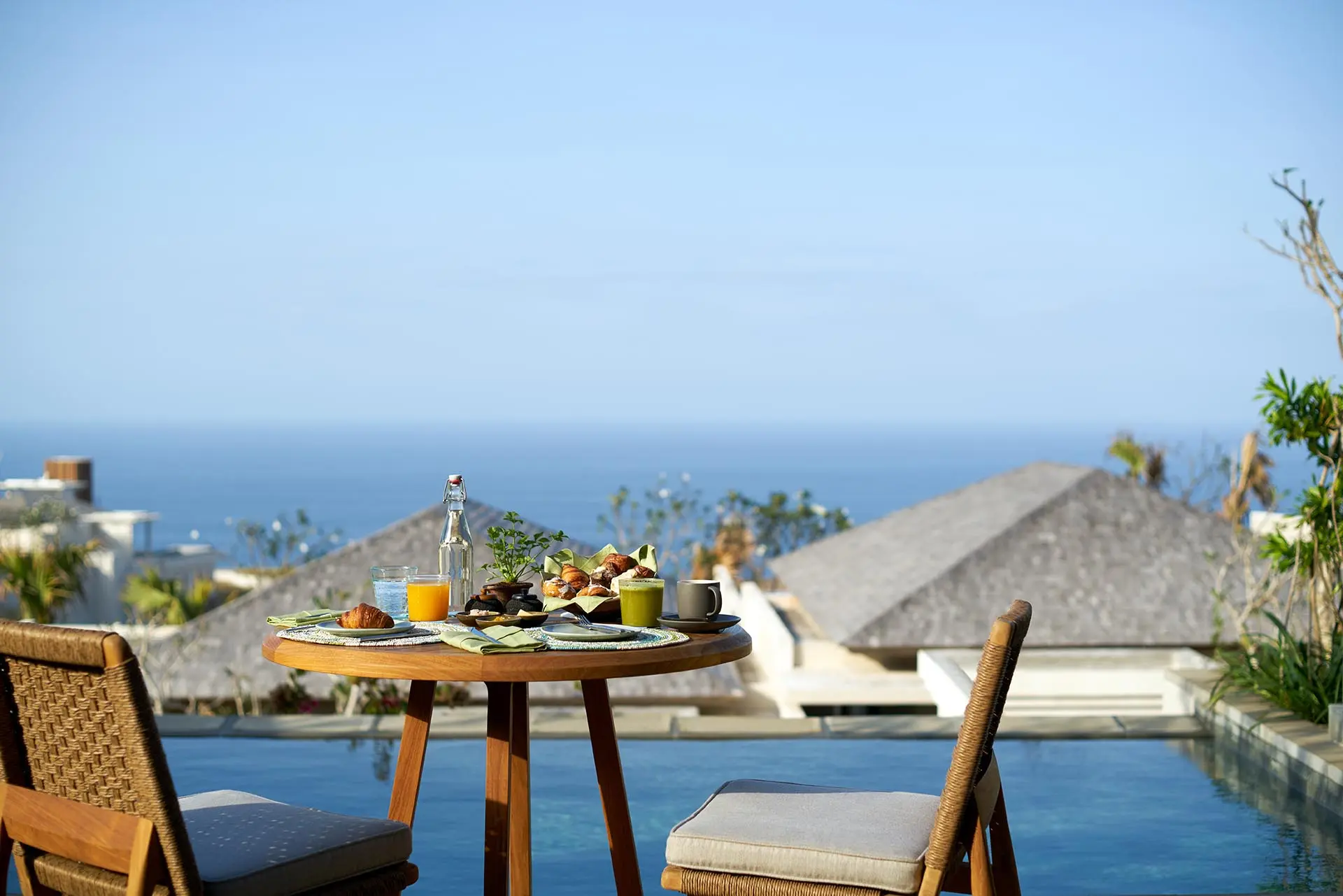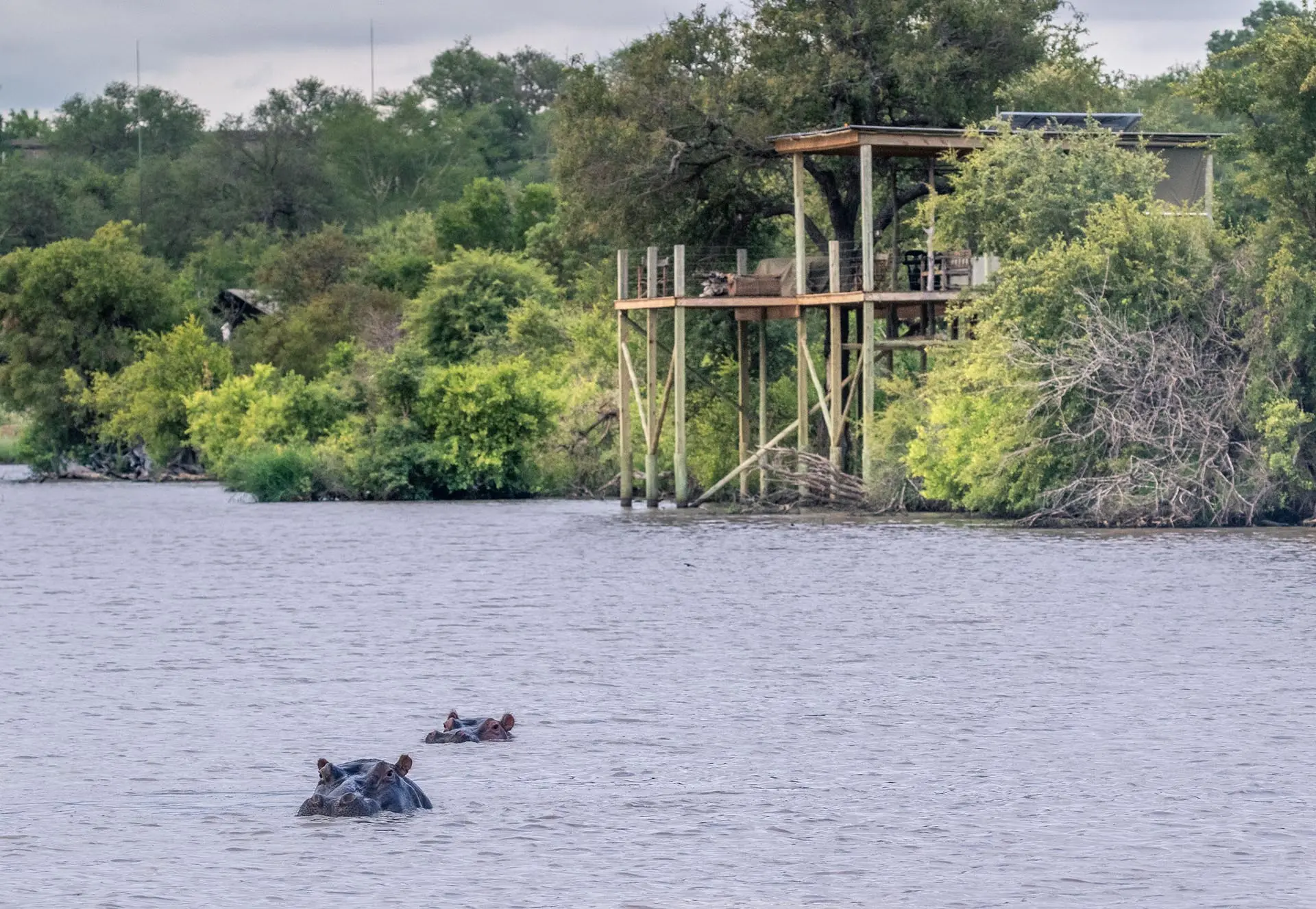For the first time in history, Botswana’s government, in cooperation with the Department of Wildlife & National Parks, proceeded to form a Private-Public Partnership between Government and Timbo Afrika, a private entity with operations that contribute towards Botswana’s tourism industry. Today, this ground-breaking partnership has resulted in a team erecting a new 30 km-long fence on the outskirts of the nearest village Mathathane, which borders the Central Tuli Wilderness areas.
This tremendous milestone is slated to offer long-term protection of agricultural areas and local communities from the conflict that results when wildlife and agriculture compete for land resources. The Timbo Afrika mission is one that assures inhabitants of this area that these better and stronger ‘elephant-proof’ fences, will protect people and animals from each other.
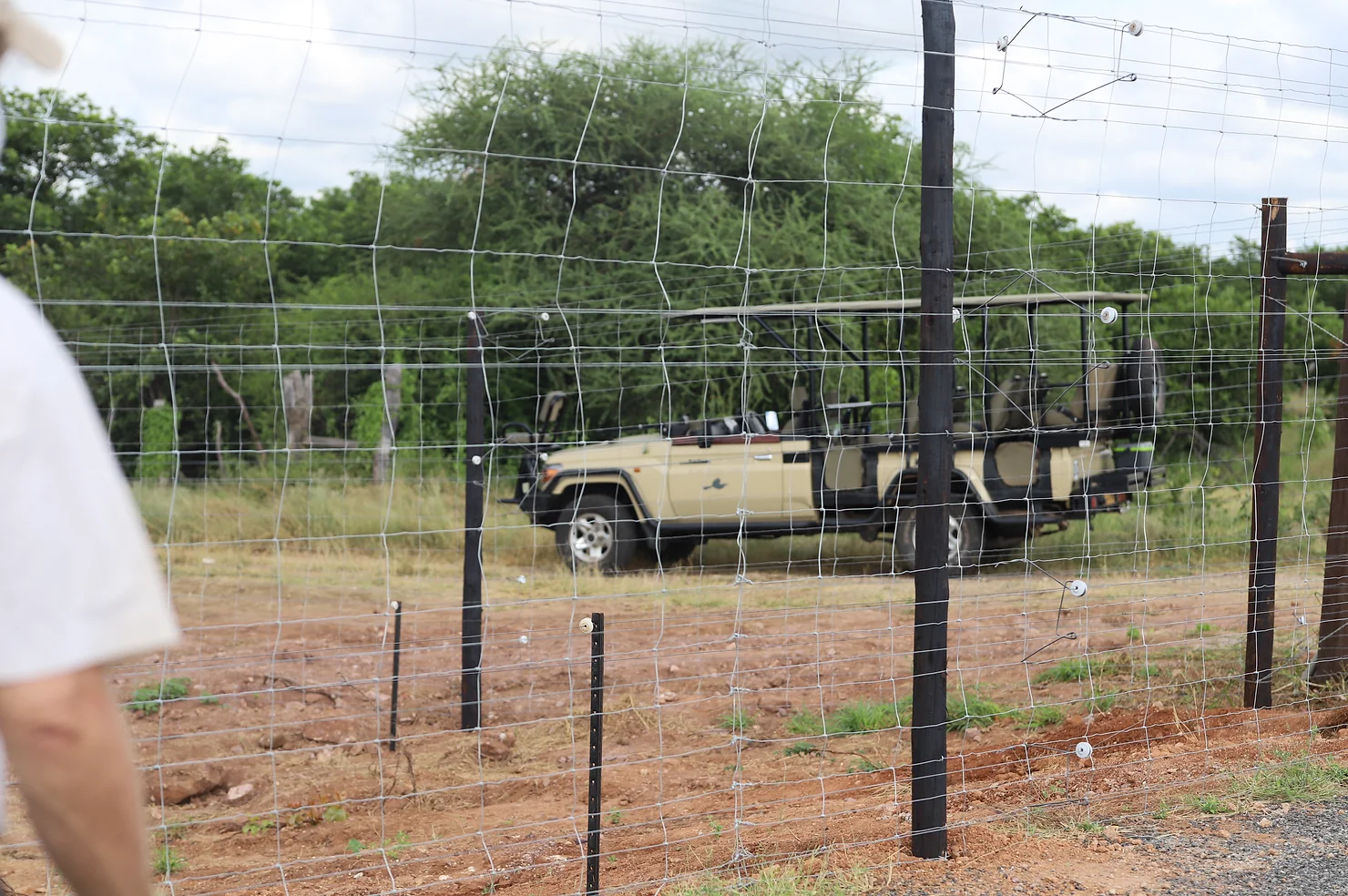
The Case of Humans versus Africa’s wildlife population
The case of Africa’s human-wildlife conflict isn’t new as urban sprawl and human migration patterns have often led to people encroaching on lands that have historically been the natural habitats of wildlife species. In the case of Botswana, and other wildlife-rich areas across the continent, elephants have ravaged fields belonging to subsistence farmers, destroying their crops, and in some cases leaving these farmers destitute. Hyenas, lions, and leopards are known to raid cattle kraals and domestic livestock pens, not only robing already relatively poor people of their dominant sources of income and food supply.
A logical and often immediate effect of people losing their food supply is an attempt to find alternative food sources. Over the years, the continent has witnessed an increase in what proponents of wildlife conservationist term “substance poaching”, where initially, the hunting of wildlife was done in pursuit of food or protection against further attack but has now grown into what is commonly coined ‘bush meat trade’ in a bid to attract an extra source income. This is a crude way of indiscriminately catching and killing animals through the use of snares and traps.
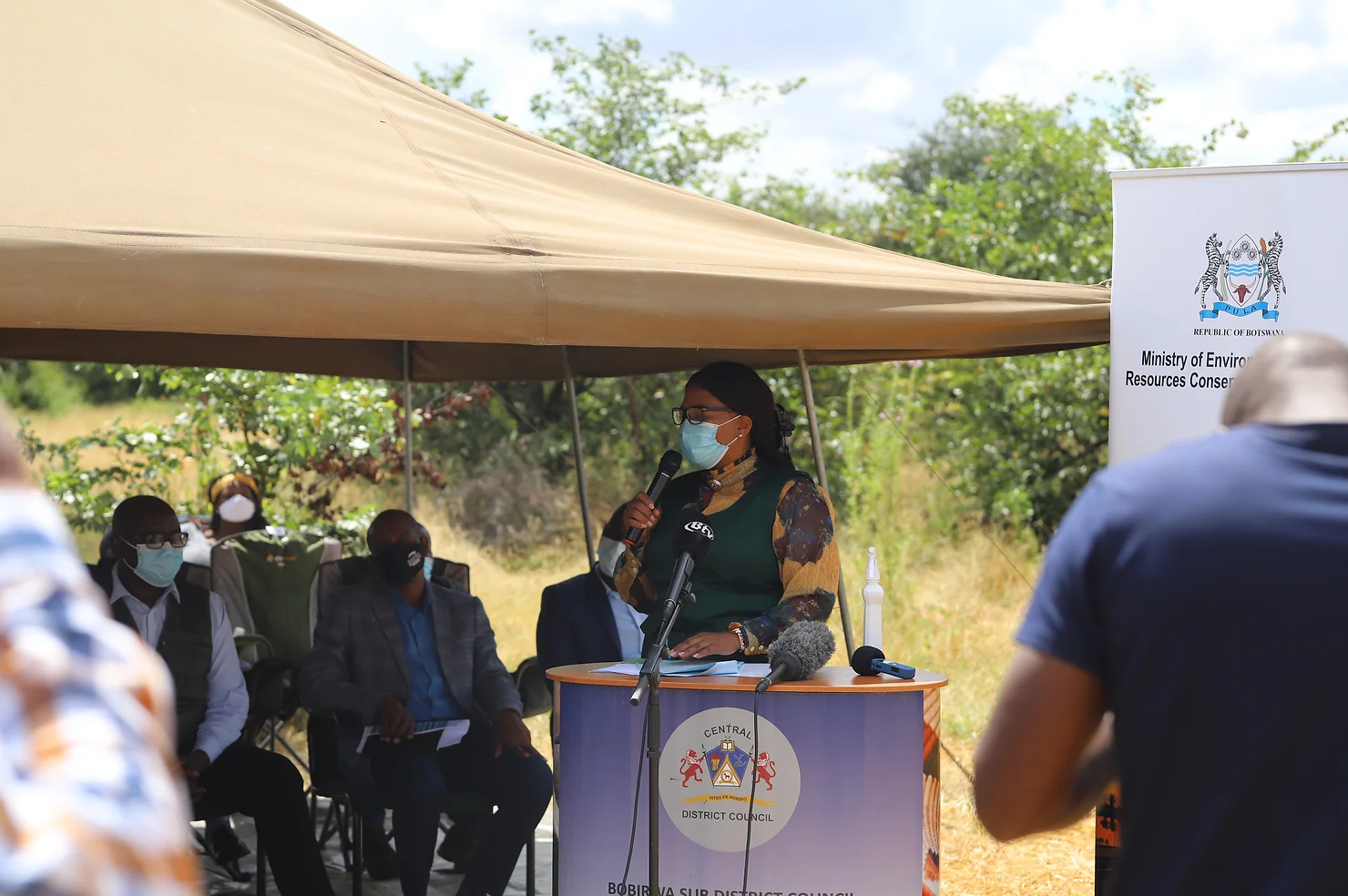
Enacting change in the Central Tuli Wilderness area
The collaborative exercise between parties at Timbo Afrika and their associates in government has been significantly instrumental in the reduction of rampant poaching in and around the Central Tuli wilderness areas, with hundreds of snares having been removed since the beginning of the exercise to date. The fence has literally created a bond between all stakeholders involved in mitigating the challenges associated with human-wildlife conflict, as all interests across all parties affected are increasingly aligned.
Adding to this, community members now enjoying an increased confidence in their ability to revisit their normal farming practices, without fear of wildlife encroaching on the lands they occupy. As a result of the 30km fence installation, elephants have naturally migrated back into their wilderness areas, and there have been few to no reports of lions having attempted to enter villages to kill domestic livestock for food.
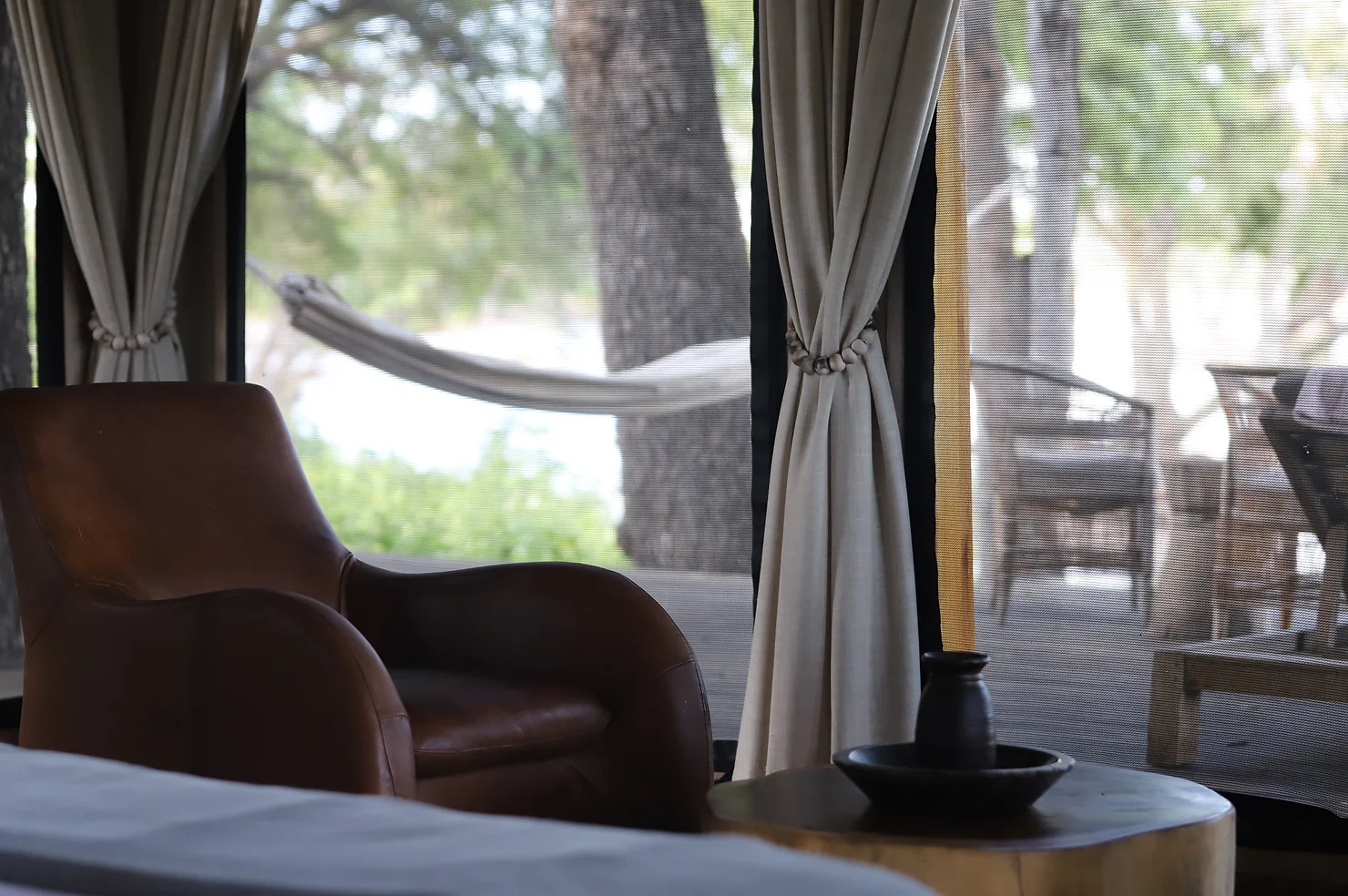
Timbo Afrika as a sustainable tourism player
The fence construction was funded through Timbo Afrika, a Dutch foundation committed to the protection of wildlife in the areas in which it has a footprint. Timbo Afrika’s Founder, Albert Hartog, has been a long-time passionate protector of wildlife, allocating notable resources into several large projects mandated to play a role in the preservation of animals, including the acclaimed Furs For Life Program, whereby faux leopard skin was developed to replace real skin for ceremonial use, thus saving thousands of leopards from being killed for their fur.
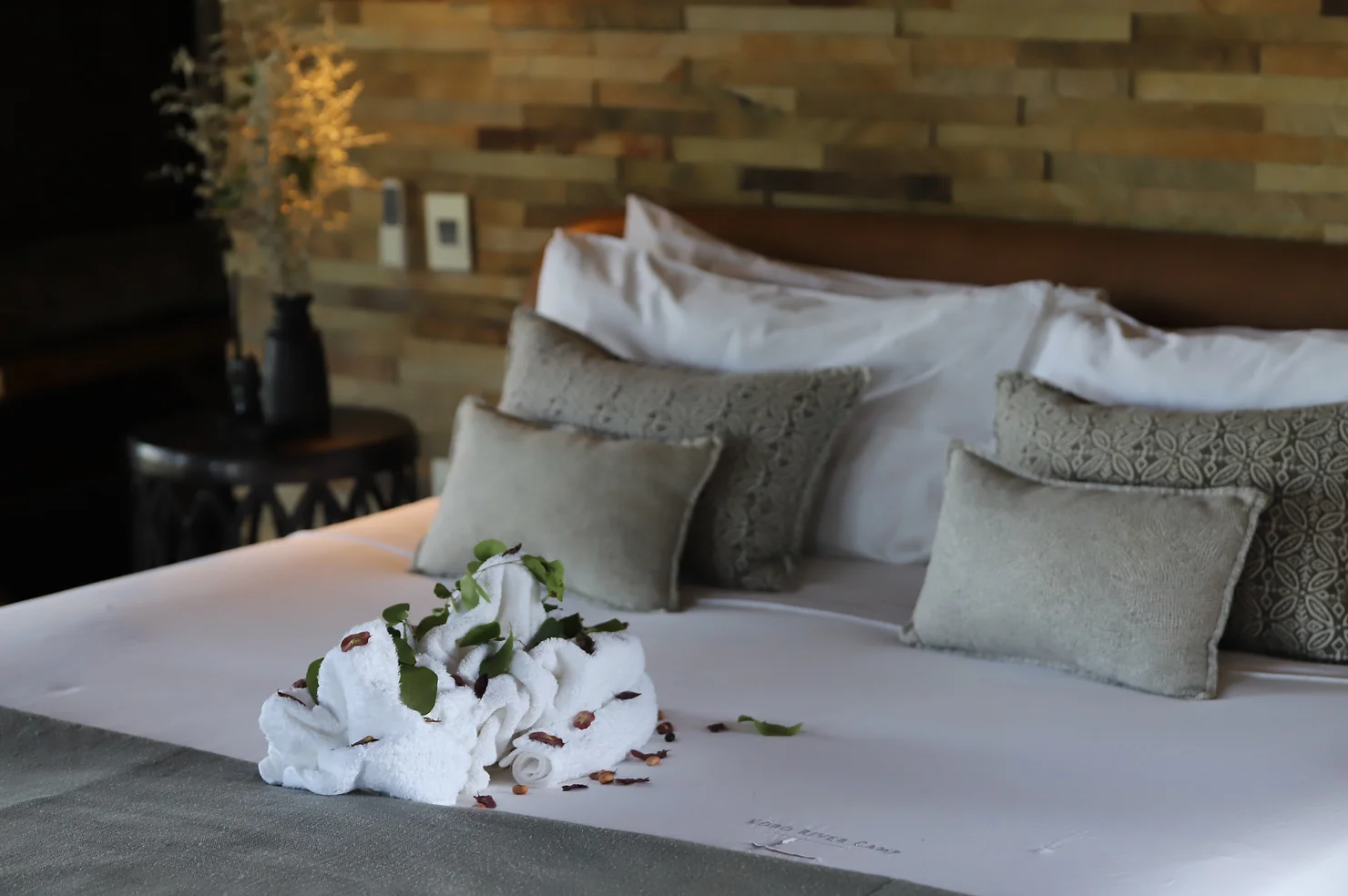
The foundation has a pragmatic approach to supporting wildlife conservation and is an active player in Botswana’s tourism landscape. Timbo Afrika also owns Koro River Camp & Koro Island in the Tuli in Botswana, two luxury tented safari camps on the majestic Limpopo River. All proceeds generated through tourism via these camps flow back to the foundation and no profit goes to the owners or shareholders, meaning that each guest staying at the camp is automatically a donor and supports wildlife and nature conservation in the best possible way. The construction of the 30km fence is a direct result of some of the proceeds that have been channeled into the Foundation through guests staying at the Koro River Camp and Koro Island luxury tented camps.
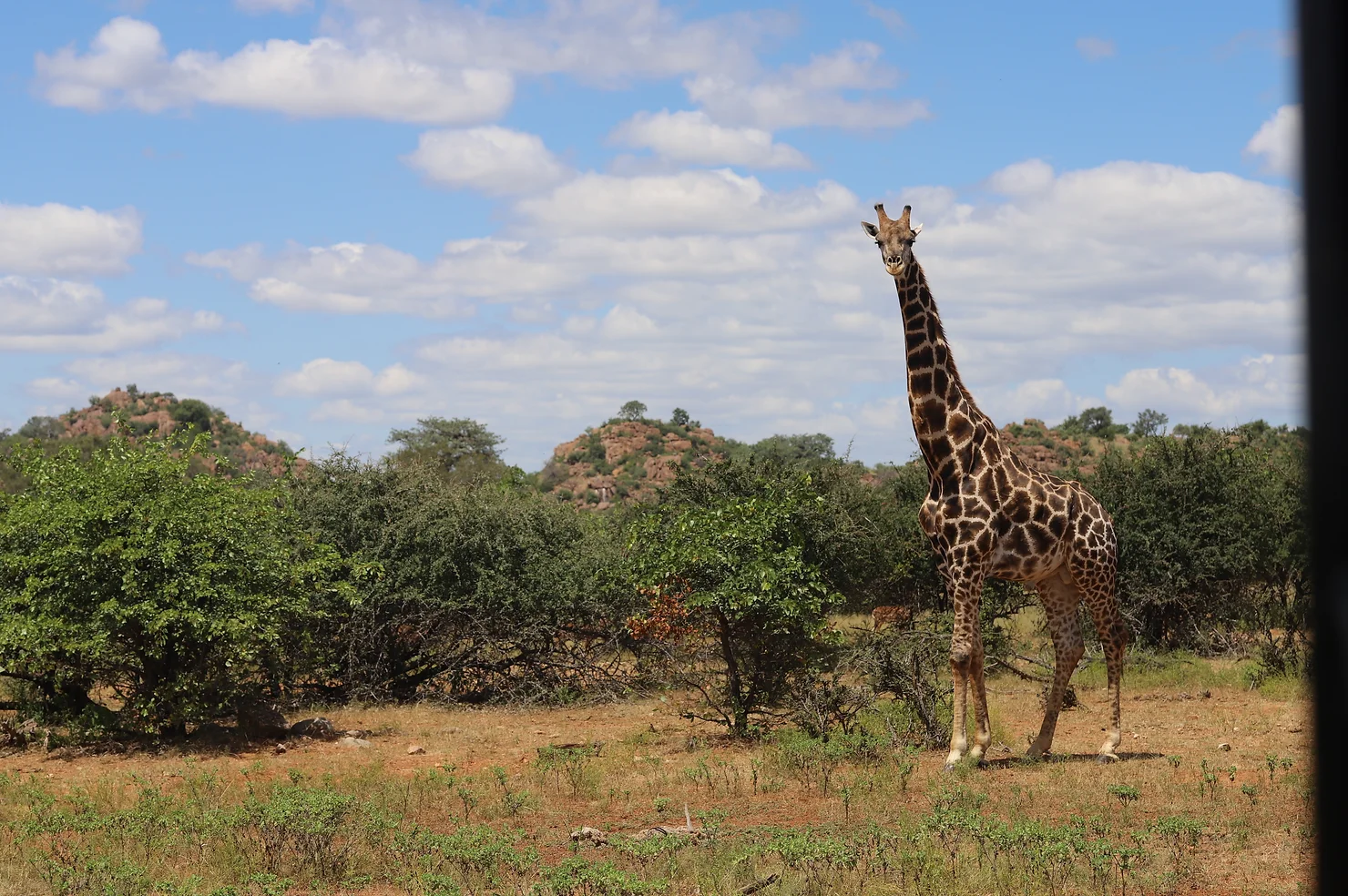
Technological use for wildlife monitoring and preservation
But other exciting projects are currently being rolled out as well by Timbo Afrika, all of which are in close cooperation with the government and local communities for maximum impact and mutual benefit to critical stakeholders. Take for instance the case of rhino and sable antelopes which used to be endemic species to this area before succumbing to the impacts of illegal poaching. Timbo Afrika is actively setting up projects to re-introduce these species back into the Tuli area, including ensuring full protection of reintroduced animals to keep these beautiful species safe from malignant activity.
The construction of the new fencing also brought with it the introduction of state-of-the-art technology to aid rangers with anti-poaching efficiencies. Also, in close cooperation with the Department of Wildlife and National Parks, the “Smartparks Monitoring System”, designed in The Netherlands, is being installed. This unique system allows for the use of the latest sensor-powered equipment for checking and monitoring fences, tracking vehicles, and tracking endangered animals. This will allow high-end digital secure radio communication across the wildlife areas, covering an initial area of no less than 30,000 hectares. For research purposes the Smartparks Monitoring System also functions as a hyper-efficient reporting system, giving like-minded researchers access to accumulated data and from a management point of view, paving the way for detailed reporting on any type of wildlife-related matters.
The beauty is that the system is accessible via the cloud on an app on one’s phone and gives instant access to critical information, ensuring quickened responsiveness by rangers and other on-ground supporting staff should there be a poaching incident or a breach of a fence.
Timbo Afrika’s commitment to conservation in Botswana’s Tuli Block
Beyond being an active contributor to building Botswana’s economy through sustainable tourism through the luxury tented camp operations, Timbo Afrika is on the cusp of working together with its partners, further committing the Foundation to equip a control room at the facilities of the Department of Wildlife with required technological and functional resources. A story of success and critical milestones is evolving through the creation of a joint task force between landowners, farmers, and law enforcement.
Over and above this, an exciting Community Owned Tourism Camp is also presently being developed in the same area, creating access for local residents and making sure that community members benefit from employment opportunities at the Tourism Camp but also enjoy an ownership structure that is part of the business model.
With the animals being safer, and research projects yielding data-driven insights, the fence installed by Timbo Afrika can be credited for notable impact within the Central Tuli Wilderness area. Local and international guests, now enjoy a more informative experience, as they have the unique opportunity to participate in some of the research exercises as part of their safari experience while in Botswana. This means that beyond enjoying a little leisure and relaxation while on Safari, guests can spot animals from game-viewing vehicles while actively interacting with the researchers as they head out into the bush to learn about animal behavior, hunting patterns, wildlife territories, and their eating habits. This participation is even open for our younger guests and has proven to be an absolute delight for the younger guests.
It is safe to say that the fence has not just led to a safer tourism area by averting the potential for further human-wildlife adverse interactions but has created an atmosphere of growth in equal interests for all stakeholders. With the revival of more agricultural projects, tourism developments,, and general recovery as the world adjusts to the impact of COVID-19, one can anticipate continued positive economic and environmental impacts as collective efforts forge ahead.
